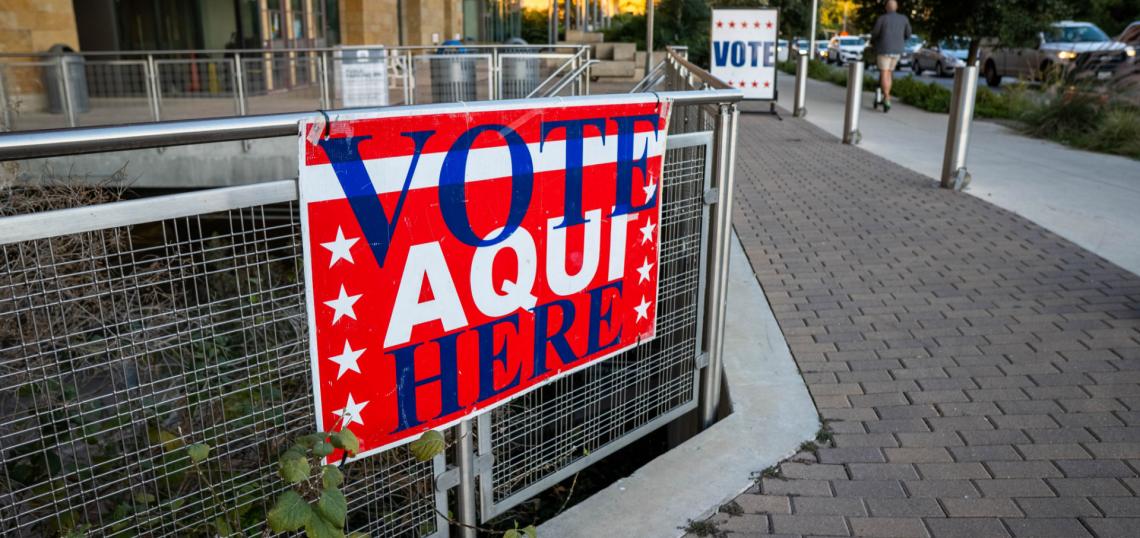Results of the 2022 midterm elections mean more money will make its way into Austin's affordable housing funding. Voters approved $350 million in bonds for that purpose in convincing fashion, passing Proposition A with about 70 percent casting ballots in favor.
The Austin City Council voted to put the proposition, intended to "provide funding for the creation, rehabilitation, and retention of affordable rental and ownership housing," in July. Here is the exact wording of Prop A as it appeared on the ballot:
The issuance of $350,000,000 in tax-supported general obligation bonds and notes for planning, designing, acquiring, constructing, renovating, improving and equipping affordable housing facilities for low and moderate income persons and families, and acquiring land and interests in land and property necessary to do so, funding loans and grants for affordable housing, and funding affordable housing programs, as may be permitted by law; and the levy of a tax sufficient to pay for the bonds and notes.
Projects and programs that can be undertaken as part of the bond could include land acquisition, rental housing development assistance projects, ownership housing development assistance projects, and home repair programs.
The project expenditures authorized by City of Austin Proposition A will be funded by general obligation bonds, which are repaid by property taxes. The city doesn't anticipate an increase in the 2023 property tax rate as a result of the proposition's passing, according to its site.
However, memos from Mayor Steve Adler's office referenced in the Austin City Council's discussion of the bond proposal this summer put the annual tax increase cost for the "typical homeowner" — defined as a "home assessed at $448,000 with a taxable value of $358,400 (net homestead exemption) — at about $46.60.
Austin passed a $250 million affordable housing bond in 2018, much of which has already been spent on or designated for land acquisition; rental housing development assistance, ownership housing development assistance, and community land trust programs; three former hotels for permanent supportive housing; and property repairs, including those damaged in 2021's Winter Storm Uri.
Voters also approved affordable housing bonds in 2006 and 2013.
The city is still struggling to meet anything approaching its goal of creating 60,000 new affordable units by 2028, as laid out in its Strategic Housing Blueprint.
In addition to voting for school district, county, state, and federal offices, Austin voters cast ballots in the mayor's race, sending candidates Kirk Watson and Celia Israel to a December runoff. There will also be runoffs for City Council seats in three districts.






